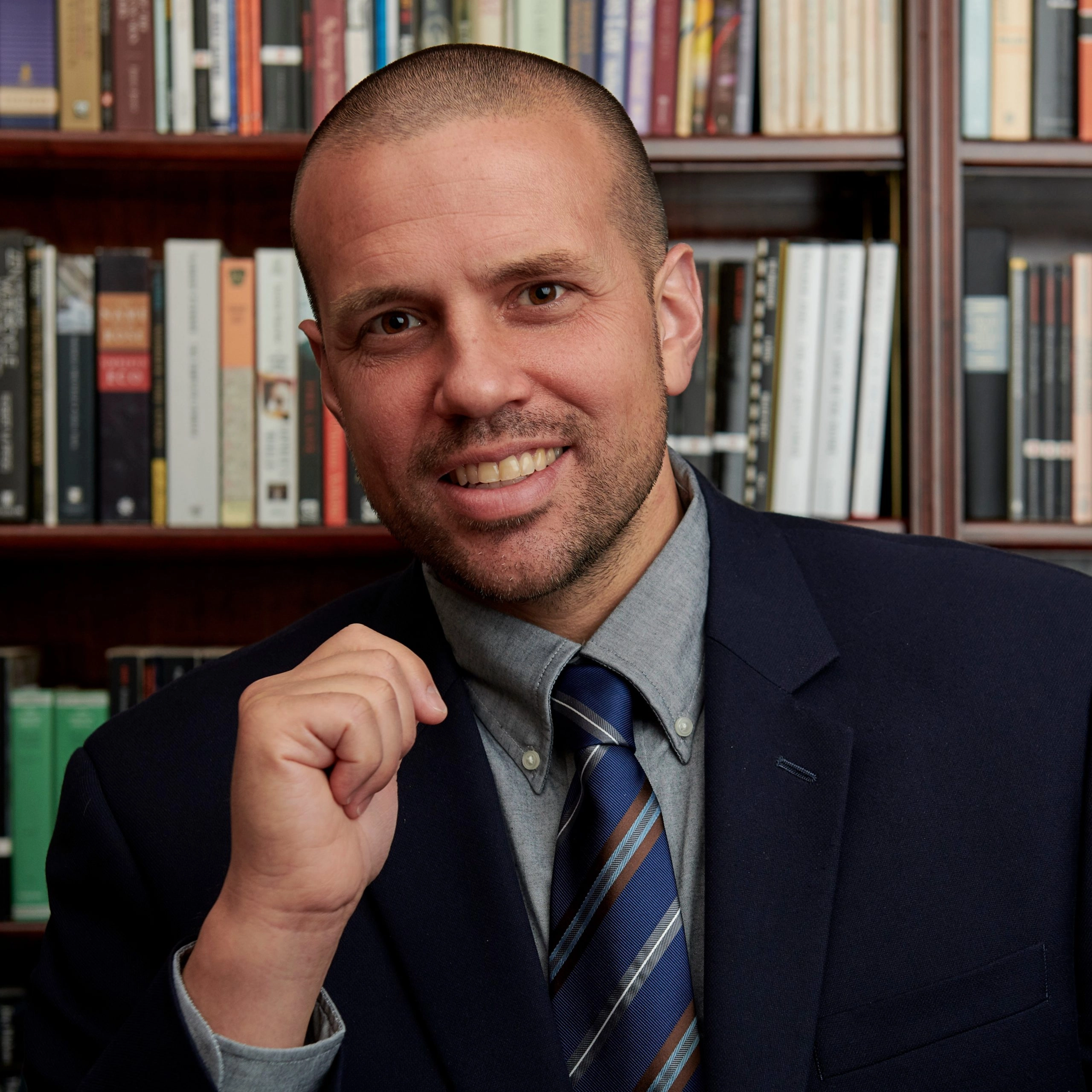What is classical Christian education? How is it different from other approaches to education? How can we clearly and succinctly explain the nature and vision
of classical Christian education despite its long and complicated history? This seminar addresses these questions by examining some of the essential defining characteristics of classical Christian education, such as its foundational assumptions, goals, curriculum and pedagogy. While there is no single reductive formula for classical Christian education, these key characteristics distinguish it from other educational paradigms in important ways and provide a framework for clearly and succinctly explaining what it is all about.
David Diener

Dr. David Diener began his post-secondary education at Wheaton College, where he graduated summa cum laude with a bachelor’s degree in philosophy and ancient languages. After putting his philosophical training to work by building custom cabinets and doing high-end finish carpentry for an Amish company, he moved with his wife to Bogotá, Colombia, where they served as missionaries for three years at a Christian international school. He then attended Indiana University, where he earned a master’s degree in philosophy, another master’s degree in history and philosophy of education, and a dual doctorate in philosophy and philosophy of education. He has taught at The Stony Brook School on Long Island, served as Head of Upper Schools at Covenant Classical School in Fort Worth, Texas, and currently is the Head of School at Grace Academy in Georgetown, Texas. He also teaches philosophy courses at Taylor University, is an Alcuin Fellow and offers consulting services through Classical Academic Press. He is the author of Plato: The Great Philosopher-Educator and serves as the series editor for Classical Academic Press’ Giants in the History of Education. The Dieners have four wonderful children and are passionate about classical Christian education and the impact it can have on the church, our society and the world.


